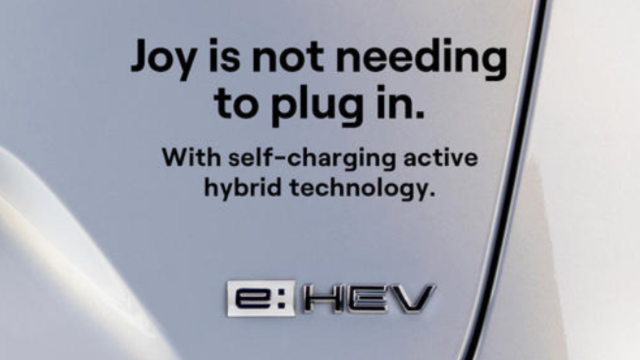Fuel efficiency standards, commonly referred to as a ‘New Vehicle Emissions Standard’, or NVES, are finally coming to Australia. This is good news, it means less polluting cars, lower costs-per-kilometre with fuel, and greater requirements for car companies to work with more efficient technologies, such as electric (EVs) and plug-in hybrid electric (PHEVs) powertrains.
Before the introduction of the standards, Australia was the only major economy in the world that lacked them, apart from Russia.
However, this means that most car companies need to start allocating more efficient vehicles for Australian sale – so you can probably expect resistance over the coming months as the plan is litigated.
Over the next 20 years, the international auto industry is expected to undergo a change we’ve never seen before as the push for more EVs on the road continues. So, expect the fearmongering to ramp up.
Fearmongering alert
We’ve reported on instances of resistance to this, in July, we reported on Mobil 1’s ‘Breaking Free’ campaign, where the global oil company complained that charging cables were too restrictive with a nonsensical ad. It’s part of Mobil’s ‘For the love of driving’ campaign, which functions as a baseplate for its anti-EV messaging.
Today, Honda has posted a similar ad on Facebook. I normally don’t publish straight-up ads in my article, but we’re analysing this, so it gets a pass.
Honda, a company that has not sold a PHEV or an EV in Australia ever (despite axing a cute one overseas that I love), is saying in this ad that its “e:HEV” platform is the answer. ‘Joy is not needing to plug in’, the ad reads, channelling the same messaging as Mobil’s campaign (though the two are unrelated). No doubt Honda Australia has deployed this ad at about the right time.
Honda’s platform is essentially a hybrid platform. We’ve written about the difference between hybrids, PHEVs and EVs before, but down to the wire, the biggest difference is that hybrids have a fuel economy benefit over typical combustion-engine cars because they have an onboard electric battery, which can power motors and be recharged.
How is it recharged? Through regenerative breaking and, more prominently, through conversions from petrol to electricity in-car. You’re still just using petrol, buddy.
Yeah, there is a fuel economy benefit, along with an acceleration benefit from low speeds with the electric motors, but you’re still reliant on fuel.
The subliminal message of this ad is to resist change. It’s saying E:HEVs are good enough for you, so don’t consider something even more efficient, and so you don’t need the NVES.
Don’t believe it for a second. AAP (via The Driven) put this line of thinking down perfectly in their report on car lobby scaremongering.
“Has the US ute market disintegrated and do they find it difficult to get utes? One hundred per cent no,” Australian Electric Vehicle Association national treasurer Michael Day said to AAP, referring to the U.S. fuel efficiency rules.
“What has happened is that market has adapted and grown while we’re stuck in the Dark Ages.”
U.S. vs Australia
You should also consider just how much less efficient our cars are – according to the Australian Government, they use 20 per cent more fuel than those in the U.S., how does this make sense when they sell such gigantic cars?
The Federal Chamber of Automotive Industries, the FCAI, the body that represents car companies in Australia, appears to be treading lightly on the topic too – supportive of efficiency schemes, but quick to cast doubt in line with Australia’s best-selling cars.
“The continuing preference for SUVs and utes demonstrates the challenges the Commonwealth Government is facing as it works to introduce a NVES,” FCAI chief executive Tony Weber said about newly released car sales records last week.
“Industry wants an emissions standard that is ambitious without limiting the choice and increasing the cost of the vehicles Australians need and want.”
Refer to what Day had to say, automakers in the U.S. have no trouble continuing to sell their utes and SUVs despite their efficiency standards, so with a similar scheme, why would we here?
It’s just scaremongering. Don’t fall for it as we see more of it; our environment can’t handle it and your wallet will be better off. Our introduction of NVES doesn’t need to be the carbon tax all over again.
Image: Honda Australia
Want more Aussie car news? Here’s every EV we’ve reviewed in the last two years, all the EVs we can expect down under soon, and our guide to finding EV chargers across the country. Check out our dedicated Cars tab for more.
